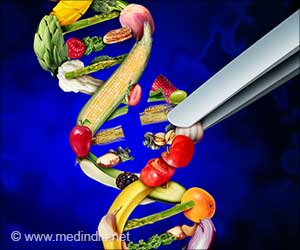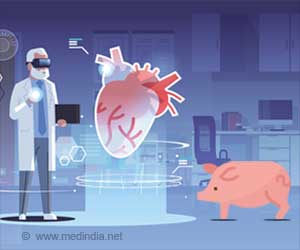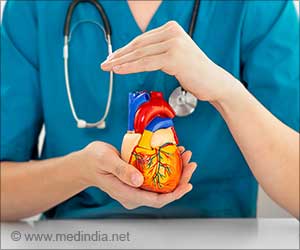Introducing bone marrow from an organ donor allowed kidney transplant recepients to be weaned of the intense immunosuppressant drugs usually needed to prevent organ rejection.
Injecting bone marrow from an organ donor allowed kidney transplant patients to be weaned of the intense immunosuppressant drugs usually needed to prevent organ rejection, a study published Thursday found.
The transplanted bone marrow produces immune cells which are tolerant of the donated organ even when it is a genetic mismatch, according to the study published in the New England Journal of Medicine."We are very encouraged by our initial success in inducing tolerance across the HLA (mismatched human leukocyte antigen protein) barrier, something that has been a major goal of transplant immunology for years," said senior author David Sachs, director of the Massachusetts General Hospital Transplantation Biology Research Center.
"While we need to study this approach in a larger group of patients before it is ready for broad clinical use, this is the first time that tolerance to a series of mismatched transplants has been intentionally and successfully induced."
Sachs and his team have been working on a means to trick the immune system into regarding a donor organ as "self" for more than three decades.
They discovered that transplanted bone marrow creates a state called mixed chimerism where the immune system blends elements of both the donor and recipient.
They first used this approach in 1998 with a woman whose kidney failure had been caused by bone marrow cancer.
Advertisement
Six other patients with the condition have also become tolerant to genetically matched kidneys through this process.
Advertisement
Five such patients were given the treatment. One developed early rejection and ultimate failure of the kidney while the other four were able to discontinue immunosuppressives several months after their transplants.
All four of the successfully transplanted patients continue to have normal kidney function from two to more than five years later.
Source-AFP
ANN/S






